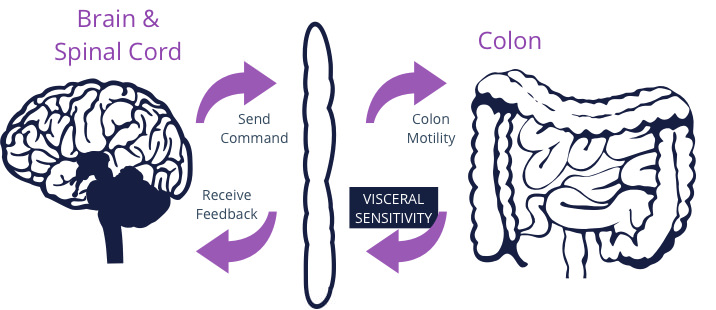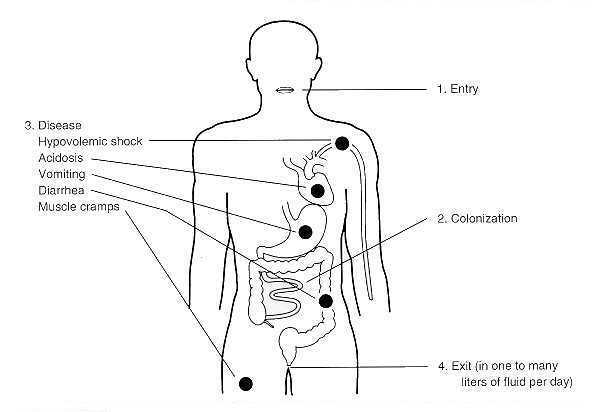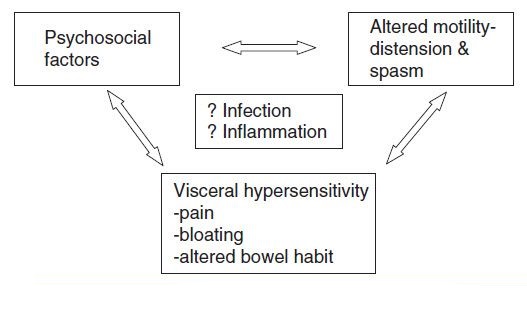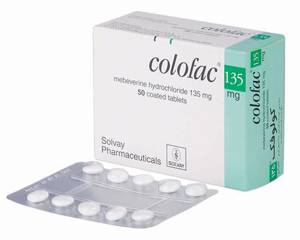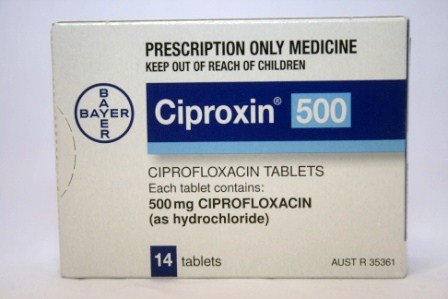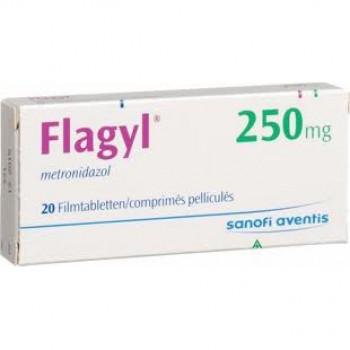Learn all about irritable bowel syndrome (IBS) and its symptoms, causes, treatment and diet!
Irritable bowel syndrome (IBS) is basically a functional disorder characterized by chronic abdominal pain, discomfort, bloating, and alteration of bowel habits that affects your large intestine (colon). Irritable bowel syndrome is common in among all populations. It causes spasms of abdominal smooth muscles with recurrent attacks of diarrhea, bloating and constipation.
Sometimes IBS is associated with some infectious or inflammatory diseases like gastrointestinal infections, coeliac disease, giardiasis, inflammatory bowel diseases, bile acid malabsorption and functional chronic constipation.Exact cause of IBS is still unknown.There two types of theories has been proposed about the pathophysiology of irritable bowel syndrome (IBS). Most Common theory is that irritable bowel syndrome (IBS) is a type of functional disorder associated with some psychiatric problems like stress, anxiety, major depressive disorder or post traumatic stress.Second theory proposed that patients who are from irritable bowel syndrome (IBS) have abnormalities in the flora of gut which results in inflammation and altered bowel function.
Symptoms of IBS
Sign and symptoms of irritable bowel syndrome (IBS) greatly variate from person to person depending upon the Severity of condition and associated problem.However, some commonly reported symptoms of irritable bowel syndrome (IBS) are
- Abdominal pain or cramping
- Bloating
- Flatulence
- Diarrhea
- Constipation
- Mucus in the stool
- Dyspepsia
- Abdominal discomfort
- Malabsorption
Causes of IBS
Exact cause of irritable bowel syndrome (IBS) is still unknown but number of pathophysiologic mechanisms have been identified which play important role in the development of irritable bowel syndrome (IBS).
Motility disorder
Certain motility abnormalities like myoelectrical and motor abnormalities play important role in development of irritable bowel syndrome (IBS).Motility disorder is has direct relationship with some psycho-social stress and Visceral hypersensitivity.Motility disorder may be functional or due to some kind of gastrointestinal infections.Patient who are suffering from functional motility disorder are more prone to develop irritable bowel syndrome.Number of other factors act as trigger in the pathogenesis of motility disorder like smoking, unhygienic environment and poor living style.
Visceral Hypersensitivity
The word viscera refers to abdominal cavity and Visceral hypersensitivity refers to hypersensitivity of abdominal smooth muscles.Visceral hypersensitivity is frequent in patients who are very sensitive and emotional in nature.Moreover, people work in stressful environment and have hectic nature of job are more prone to develop visceral hypersensitivity.This hypersensitivity is directly associated irritable bowel syndrome (IBS).
Enteric Infection
It is proposed that irritable bowel syndrome may be associated with some possible unrecognized protozoal infections such as blastoocystosis or luminal amoebiasis.Dientamoeba fragilis may also be considered as possible cause of of irritable bowel syndrome (IBS).Most common protozoa which are tend to cause enteric infection are giardia lamblia, entaoeba histolytica, dientamoeba frgilis and cryptosporidium parvum.These infections are not directly involved in irritable bowel syndrome but they act as trigger in pathogenesis of Irritable bowel syndrome (IBS).
Psycho-social Abnormalities
About 50% patients who are suffering from irritable bowel syndrome (IBS) have history of some underlying depression, anxiety, major depressive disorder or somatization.In these patients psycho-social abnormalities have very strong relationship with irritable bowel syndrome (IBS).psycho-social abnormalities are the most common cause of irritable bowel syndrome (IBS).These psycho-social abnormalities affects the level of different neurotransmitters like Dopamine, serotonin and norepinephrine.These neurotransmitters are linked with regulation of bowel motility so, changes in level of these neurotransmitters will also affect bowel motility indirectly.
Treatment of IBS
Irritable bowel syndrome (IBS) is not a fata disease and many people live without taking proper medications.Treatment of irritable bowel syndrome (IBS) requires long term therapy and proper diet in order to get rid off from this disease.Certain medications are used in treatment of irritable bowel syndrome (IBS) like anti-cholinergics, anti-depressants and antbiotics.
Anti-cholinergic medications
Anti-cholinergic medications decrease the level of acetylcholine at post synaptic neuronal cleft. Acetylcholine acts on parasympathetic nervous system and causes increase intestinal motility.Moreover, acetylcholine increases the secretions of intestine by acting on parasympathetic system.Anti-cholinergic medications revert the effects of acetylcholine because they are decrease the levels of acetylcholine. Most commonly used anti-cholinergic medicine is atropine because it has very pronounced anti-cholinergic effects.
Antibiotics
Antibiotic therapy should used in irritable bowel syndrome (IBS) to decrease the risk of any kind of enteral infections.Sometimes antibiotic therapy is not used in treatment of irritable bowel syndrome (IBS) but underlying cause is associated with some kind of enteral infection so, that’s why antibiotics should be used in irritable bowel syndrome (IBS) to rule out risk of infection.Most commonly used antibiotics in treatment of irritable bowel syndrome (IBS) are
Ciprofloxacin
Ciprofloxacin belongs to class termed as fluoroquinolones.Its main mechanism is that it inhibits DNA replication of pathogens due to which they cannot multiply in large numbers.Ciprofloacin is available in the form of tablet and injection.It is available with brand name of ciproxin in 100mg, 250mg and 500mg doses.Other agents belongs to this class are levofloxacin, moxifloxacin and gemifloxacin.
Anti-amoebic drugs
Anti-amoebic drugs are widely prescribed by doctors because most of enteral infections are due to protozoans like giarda species and ent-amoeba histolytica.Most commonly used anti-amoebic medicine is metronidazole.It is available in the form of tablets and injection with brand name of flagyl which is avaliable in 200mg and 400mg doses.
Anti-depressants
Anti-depressants are also part of therapy of irritable bowel syndrome.Main purpose of using anti-depressants is decreasing stress and anxiety because these are indirectly associated with irritable bowel syndrome.Most commonly widely prescribed anti-depressant is escitalopram because it is has good safety profile and low risk of adverse reactions.It is available with brand name of cipralex.
Diet for IBS
Patient suffering from irritable bowel syndrome may have some kind of dietary intolerance like food allergy, hypersensitivity, effect of gut hormones, changes in bacterial flora and chemical irritation.Fatty foods and caffeine are poorly tolerated by many patients with irritable bowel syndrome.
Patient suffering from irritable bowel syndrome should consume high grade fiber like Cucumber.Diet should be rich in carbohydrates because they are easily digestible and have no interaction with IBS patient.Avoid from consuming too much fats because they retain in intestine for long duration and may cause flatulence and intolerance problems.
 Health & Care Information
Health & Care Information 

